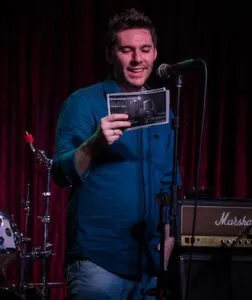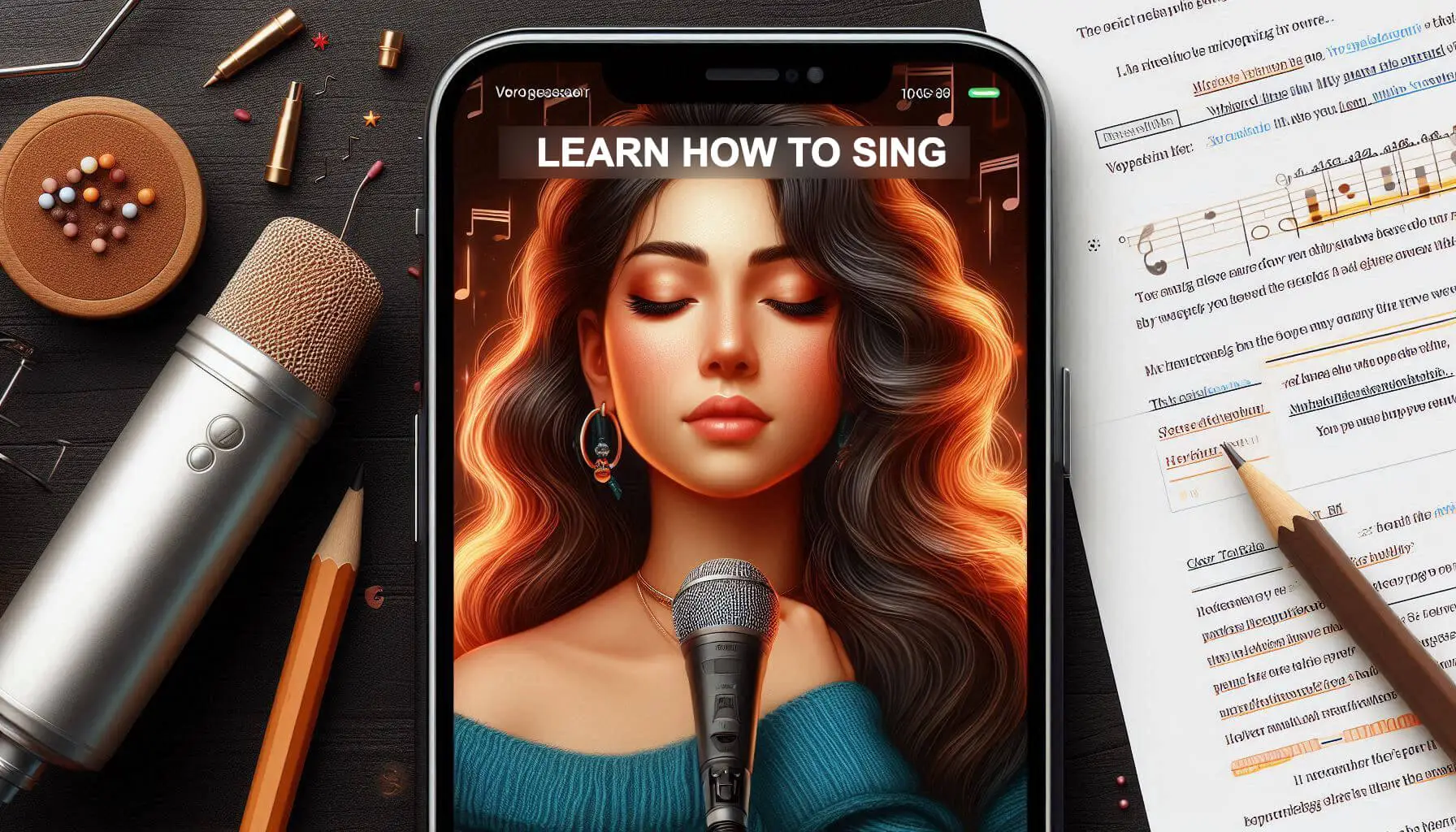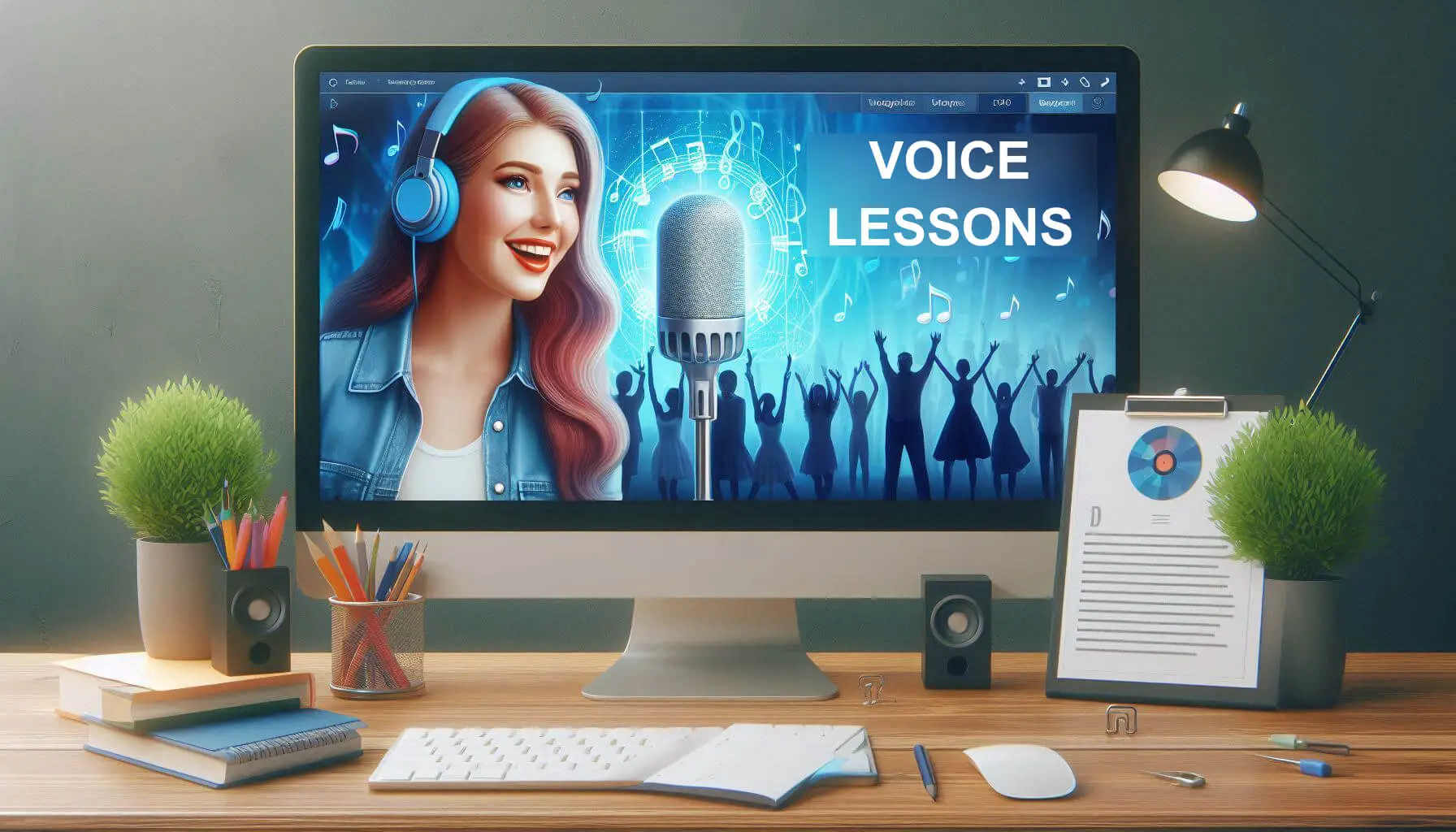As we have already said in other posts, one of the ways that studio students have been studying is in traffic. Again I warn you to go slowly, in the right lane and only if you’ve been driving for some time!
To make this possible, we prepare the WHOLE class for ALL students in at least 2 files of the same duration:
- One with the sound picked up by the microphone (so there’s a bit of piano and a bit of the student’s voice) for the entire length of the exercise. This file serves as a model and reference and maybe it’s good to listen to it at least once a week;
- Another with just the beginning of the exercise (first tonality) with the voice of the singing teacher (vocal coach) or the student himself and then just piano until the end of the exercise.
Students receive these files by wetransfer on the day they take the class and usually download them to their computers, pendrives, tablets or cell phones and thus have the content of the week’s class to study wherever they are (like on the road as we said above) .
We recommend that you put the repertoire trained in the classes on your preferred device as well, because we do specific activities on top of each song. It can be just the original song or the original version and some instrumental, playback or karaoke version.
If you travel mostly by public transport, you can still make your time more productive! You can study while cooking, cleaning, showering, washing, drying or ironing clothes, washing the car, bathing your pet, spending time away on social media, etc! Use the imagination!
Perhaps at least once a week it would be nice to have a more concentrated study, but the type of study we described earlier is very efficient and ends up not weighing on our weekly schedules. The idea would be to think about your routine and try to fit in singing in the best possible way, without the study time becoming a burden (especially for those who have no intention of working with music).
Another very important tip is that if you have little time to study, study mainly your difficulties! For example, if you find the last chorus of a song difficult and you have 30 minutes to study the repertoire, sing the whole song once after studying the technique, study that last chorus several times and sing the song again. entire. That way you will have much more results than using those 30 minutes to sing the whole song 7 times (this count is approximate and depends on the length of the song).
One more thing is that you must study THE CORRECT WAY, that is, the way your singing teacher recommended in class. At this point, personal experience is worth a lot in terms of sensations. If your vocal coach told you that a certain exercise or song sounded good the way you just did it, then try your best to keep all kinds of feelings you had in class and reproduce them when you are studying on your own.
There’s only one thing worse than not studying, it’s studying wrong! Then you can harm yourself or at least gain addictions that can be difficult to get rid of later.
Finally, each vocalise and each activity in the repertoire must have clear and defined OBJECTIVES. If you don’t know the objectives of what you are doing, you will hardly progress or at least it will be very difficult to measure the results.




